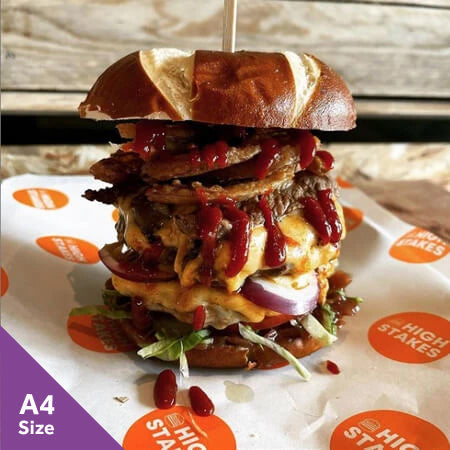The Importance of Food Containers Keeping Your Meals Fresh and Organized
In today’s fast-paced world, where meal preparation and storage often take a back seat to our busy lives, food containers have become essential in maintaining the freshness, flavor, and nutritional value of our meals. As we aim for convenience without sacrificing health, having the right containers on hand is critical. This article explores the various types of food containers, their benefits, and how they contribute to a more organized and efficient kitchen.
Types of Food Containers
Food containers come in diverse materials, shapes, and sizes, catering to various needs. Here are some of the most common types of food containers
1. Glass Containers Renowned for their durability and non-reactive properties, glass containers are ideal for storing acidic foods, such as tomato-based sauces. They are microwave-safe and can be easily cleaned in the dishwasher. Additionally, glass containers often come with airtight lids, ensuring prolonged freshness.
2. Plastic Containers Lightweight and versatile, plastic containers are popular for meal prep and on-the-go dining. They are available in a range of sizes, making them suitable for snacks, lunches, or even larger meal portions. However, it’s essential to choose BPA-free plastic containers to avoid chemical leaching.
3. Stainless Steel Containers These containers are excellent for those seeking eco-friendly options. Stainless steel is sturdy, reusable, and resistant to stains and odors. Ideal for packing lunches, they often come in insulated options, making them great for keeping food hot or cold for extended periods.
4. Silicone Containers Flexible and collapsible, silicone containers are perfect for smaller kitchens or for those who frequently travel. These containers can withstand both hot and cold temperatures, making them ideal for a variety of food storage needs. They can also be used in the microwave, oven, or fridge.
Benefits of Using Food Containers
food containers

Investing in high-quality food containers offers numerous benefits
1. Preservation of Freshness Quality containers help seal in flavors and prevent air from spoiling your food. Airtight lids are particularly valuable for keeping leftovers fresh, reducing food waste, and saving money.
2. Meal Prep Efficiency With the rise of meal prepping among health-conscious individuals, food containers have become crucial for organizing meals. Pre-portioning meals into containers not only saves time during the week but also supports healthier eating by controlling portion sizes.
3. Space Optimization Many containers are designed to be stackable, which aids in maximizing storage space in your fridge or pantry. This organization makes it easier to find what you need, reducing the time spent rummaging through the kitchen.
4. Eco-Friendly Choices As society grows more environmentally conscious, opting for sustainable materials, such as glass or stainless steel, can reduce reliance on single-use plastics. Reusable containers help minimize waste and promote a greener lifestyle.
5. Versatility Food containers are not limited to just food storage. They can also be used for organizing kitchen utensils, office supplies, or craft materials, showcasing their multifunctional abilities.
Conclusion
In conclusion, food containers play a crucial role in modern kitchens by enhancing food preservation and promoting organization. Investing in a variety of containers tailored to your needs can streamline meal preparation, support healthier eating, and reduce food waste. As we continue to navigate our busy lifestyles, let’s not underestimate the impact of these simple yet effective tools. By choosing the right food containers, we can enjoy fresh meals, maintain an organized kitchen, and contribute to a sustainable environment.



